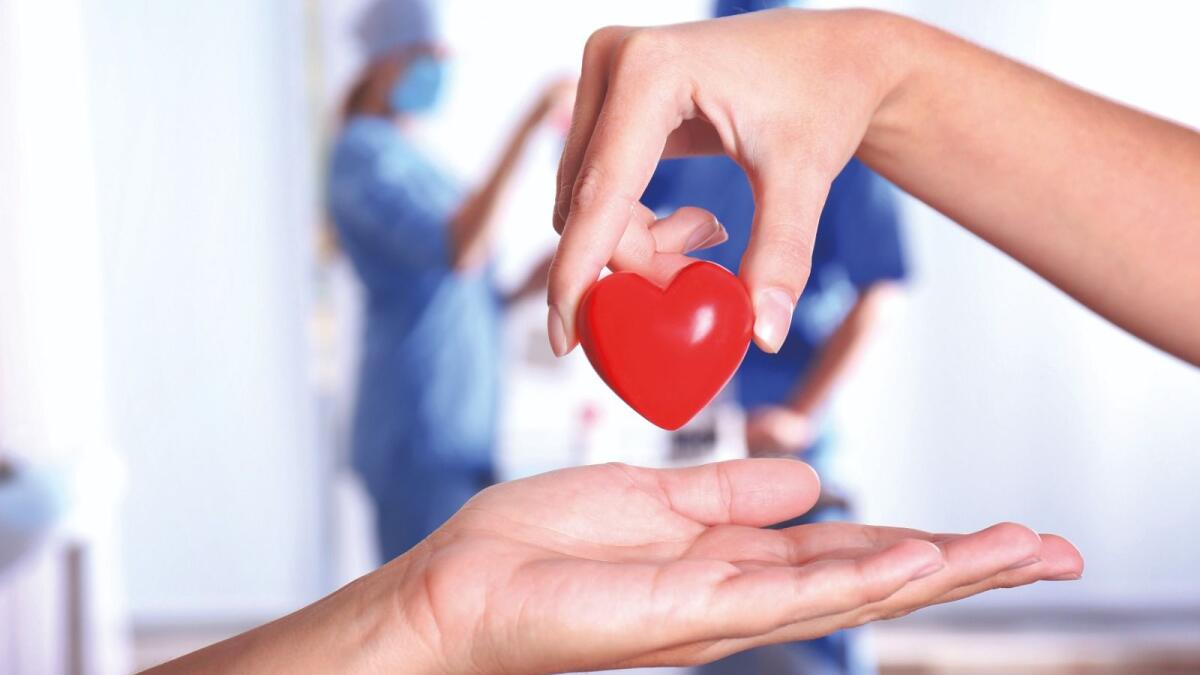Organ donation is a selfless act that can have a profound impact on the lives of individuals suffering from terminal illnesses. In the UAE, the national programme ‘Hayat’ aims to promote organ donation and transplantation. The country allows both living and post-mortem donations of organs and tissues, including vital organs such as the heart, liver, and kidneys, as well as tissues. The law prohibits the sale of organs and unlicensed advertising related to transplantation. Living donors must be legally competent and confirm their willingness to donate, while deceased donors need to have their wish documented before death.
Islamic Sharia permits organ donation as it aligns with the principle of saving lives, which is valued in Islam. However, the law prohibits the sale of organs and tissues for transplantation purposes. Living donors can only donate to relatives within the fourth degree or spouses who have been married for at least two years. Deceased donors must have their wish to donate organs confirmed before death and documented by a notary public or through the Emirates Identity card. The donor and recipient’s identities must remain confidential by law.
To register as an organ donor in the UAE, individuals must be aged 18 and above and hold an Emirates ID. They can register online through the Ministry of Health and Prevention website and receive an electronic donor card after completing the process. After a person’s death, their family will be contacted if they are registered organ donors. It is important to discuss your decision to donate with your family, as they will need to make the final decision.
The UAE government warns against illegal and unauthorized organ transplants and lists licensed facilities for organ transplantation, including Cleveland Clinic Hospital, Sheikh Khalifa Medical City, and Dubai Hospital. By following the regulations and procedures outlined by the law, individuals can contribute to saving lives and offering hope to those in need of organ transplants. Organ donation is a noble act that can have a lasting impact on the lives of patients and their loved ones.










